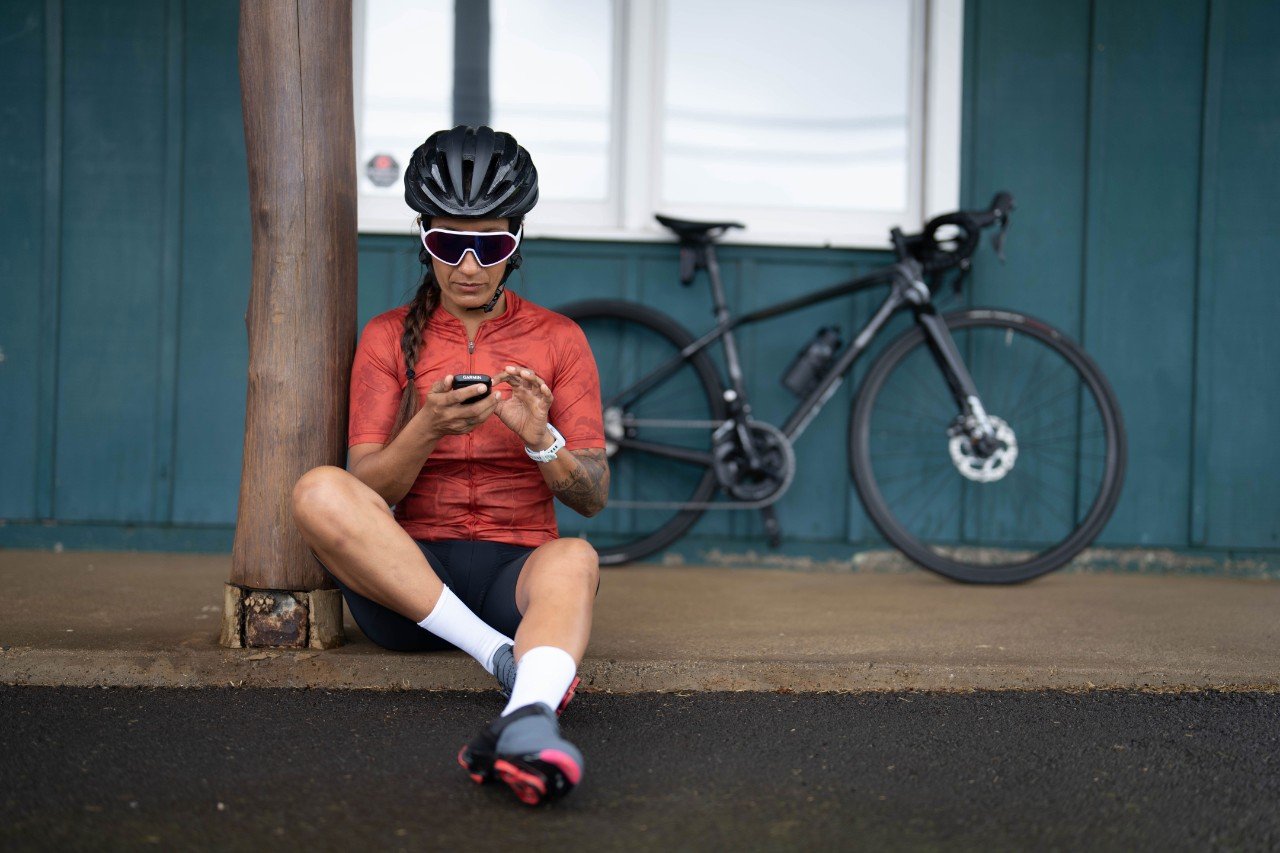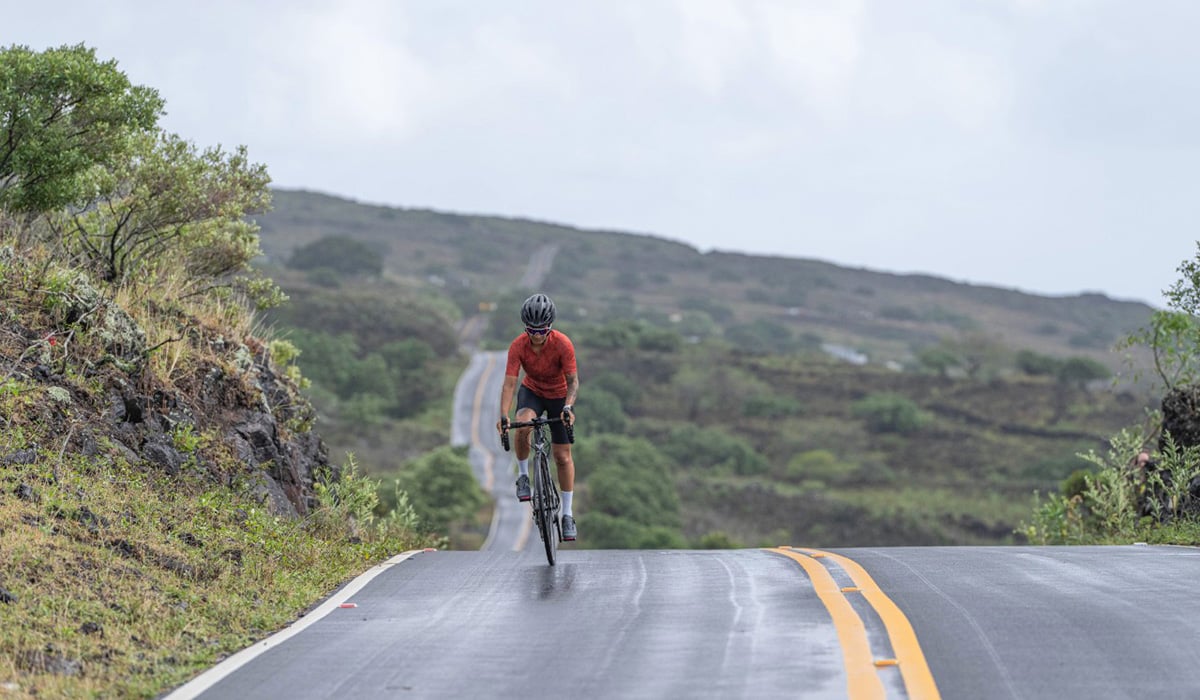
How Team INEOS Riders recover after a Grand Tour Stage
Leading up to a race, cyclists are in peak form. A proper taper reduces fatigue and increases freshness. But multistage races don’t allow time for rest, and by the end of each stage — whether sprint, climb or time trial — the riders are exhausted.
Without time to rest to regain their energy (most stages end in the late afternoon around 4 p.m.), riders need quick recovery strategies to be ready to race again the next day.
How do riders recover so quickly when racing day after day? We spoke to members of a team famous for having detailed plans — Team INEOS — about how they help their riders recover.
We started with Mickey Laverty, the team’s race osteopath:
“The recovery process for Team INEOS begins long before the riders reach the hotel. Normally, as the riders return to the team bus, they have the option to have a recovery smoothie containing Science in Sport recovery protein and fruits.
“There is also the provision for a cooldown ride. This helps reduce the heart rate slowly after a rigorous workout and helps the body flush the toxins created by the exercise to improve the performance for the next day.
“After a stage, transfers sometimes can take anywhere from 30 minutes to 4 hours, depending on the next stage. During this time, riders have the option to wear recovery boots and compressed ice devices to further optimize the recovery process. The team chef will also prepare recovery food for the riders during the transfer so they can start to fuel for the following day.
“On arrival at the hotel, the riders will have a 1-hour sports massage by the soigneurs [support member of team staff]. The team physiotherapist or osteopath will physically assess any musculoskeletal issues that occur during the race.
“From a manual therapy perspective, we look at the body globally, from head to toe, using selective functional movement assessment screens, coupled with clinical specialist testing, to highlight any movement restrictions and treat accordingly using soft tissue therapy, articulations, active release techniques and manipulation to restore joint movement and ease aching muscles or pain. If a rider has a crash, we work closely with the rider and nurse them back to full function, when possible, for them to get to the finish as fresh as possible.”
All this is part of the Team INEOS strategy for recovery that is scheduled by the team when the rider is in transit and then back at the team’s accommodations. Riders can also help their recovery with plans of their own.
We spoke to British cyclist Tao Geoghegan-Hart about his personal recovery regimen.
“First I eat some nice food and then get a good massage. Then I just try to switch off. I speak to my girlfriend, watch a little bit of television or read to unwind. I don’t think about the race or the next days too much. Just try to enjoy some peace and quiet.”
Spanish cyclist David de La Cruz uses music to relax and get into racing mode.
“What I really like is to listen to some music. I choose songs that are good before the stage to get into racing mode and then some other songs that are good to relax to. I spend a lot of time listening to music, watching some series or talking with friends. When you are in a race, it is good to feel connected to your people. It gives an extra boost to your morale.”
What seems to work best for a rapid recovery from each stage for the riders on Team INEOS is early intervention on a strict schedule followed by relaxation and connection to loved ones. This is their formula to get their riders ready for the attack the next day.
Rest and recovery are an important part of any cyclists training program. With technology that can be counted on, Garmin cycling computers can help you achieve your peak performance.




